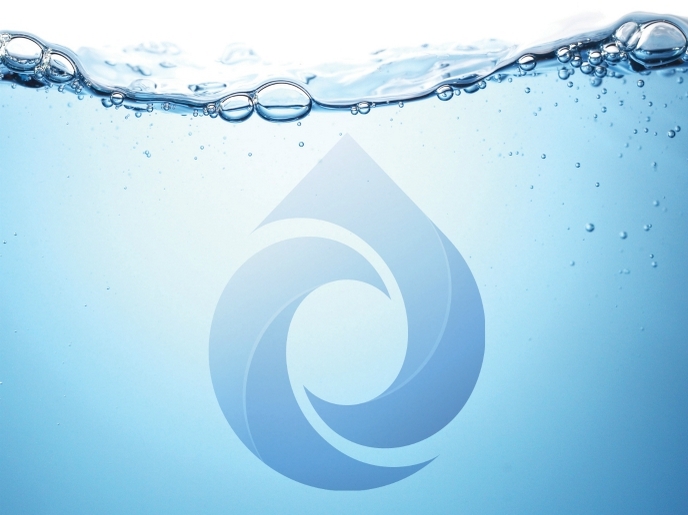Digitalisation through the ICT4WATER cluster to boost innovation in the water sector
This CORDIS Results Pack highlights 12 projects funded under the Horizon 2020 programme and showcases their innovative ICT solutions. These solutions include applying low-cost sensors, Big Data analytics, applications for consumers and novel approaches to identify leaks and reduce water loss and improve forecasting of water demand. These solutions will also allow for more efficient water monitoring, use and treatment, contribute to pollution reduction, promote resource recovery and reuse, and support climate change adaptation of water and related sectors. The solutions achieved are in line with the priorities of the von der Leyen Commission “European Green Deal” and “A Europe Fit for the Digital Age”. In particular, these projects support the digital transformation as a critical enabler for attaining the sustainability goals of the European Green Deal by contributing to the EU’s climate ambition and the zero-pollution ambition, as well as mobilising industry for a clean and circular economy.
A high-tech approach
The projects included in this Result Pack are members of the ICT4WATER cluster, a hub for EU-funded research and innovation projects that demonstrate the need for the digital transformation of the water sector. At the same time, the water sector is going through transformations targeted at resource efficiency and water re-use in the context of a more circular rather than linear value chain approach. These transformations bring new challenges in terms of automation and digitalisation requirements similar to what has happened in other industries and sectors. To face these challenges, the ICT4Water cluster has developed an Action Plan that contributes to the Digital Single Market strategy. The cluster involves researchers, water utilities, local authorities and active citizens collaborating to develop and test new ideas.
EU research - innovation and application
The SWAMP project showcased Internet of Things (IoT) methods and approaches for smart water management and precision irrigation and piloted them in Spain, Italy and Brazil. Another project, SIM4NEXUS, applied model-based analysis to predict society-wide impacts of resource use and relevant policies on sectors such as agriculture, water, biodiversity and ecosystem services. INNOQUA developed a modular system using earthworms, zooplankton and microalgae to treat wastewater in both urban and rural environments. Smart-PLANT explored how technologies for recovering valuable materials from wastewater can be applied to existing sewage treatment plants to form marketable products. Meanwhile, the WADI project developed cost-effective aerial surveillance systems to rapidly find leaks and minimise loss. INTCATCH built ‘smart’ boats equipped with multi-parameter sensors to monitor water pollution. The Ground Truth 2.0 project co-designed and implemented citizen observatories that help local stakeholders achieve sustainable natural resource management through the collection of data by citizens. POWER investigated new ways of raising awareness and transferring knowledge among citizens to enable effective exchange between stakeholders. Then we have INCOVER that developed innovative and sustainable technologies for resource recovery-based treatment of waste-water. INTEGROIL created a smart platform for producing fit-for-purpose water that will reduce the oil and gas industries’ water demand. AquaNES demonstrated innovative water and wastewater treatment processes and management based on improved, combined natural and engineered systems. Finally, CENTAUR developed a new approach to the real-time control of sewer networks to reduce local flood risk in urban areas.



